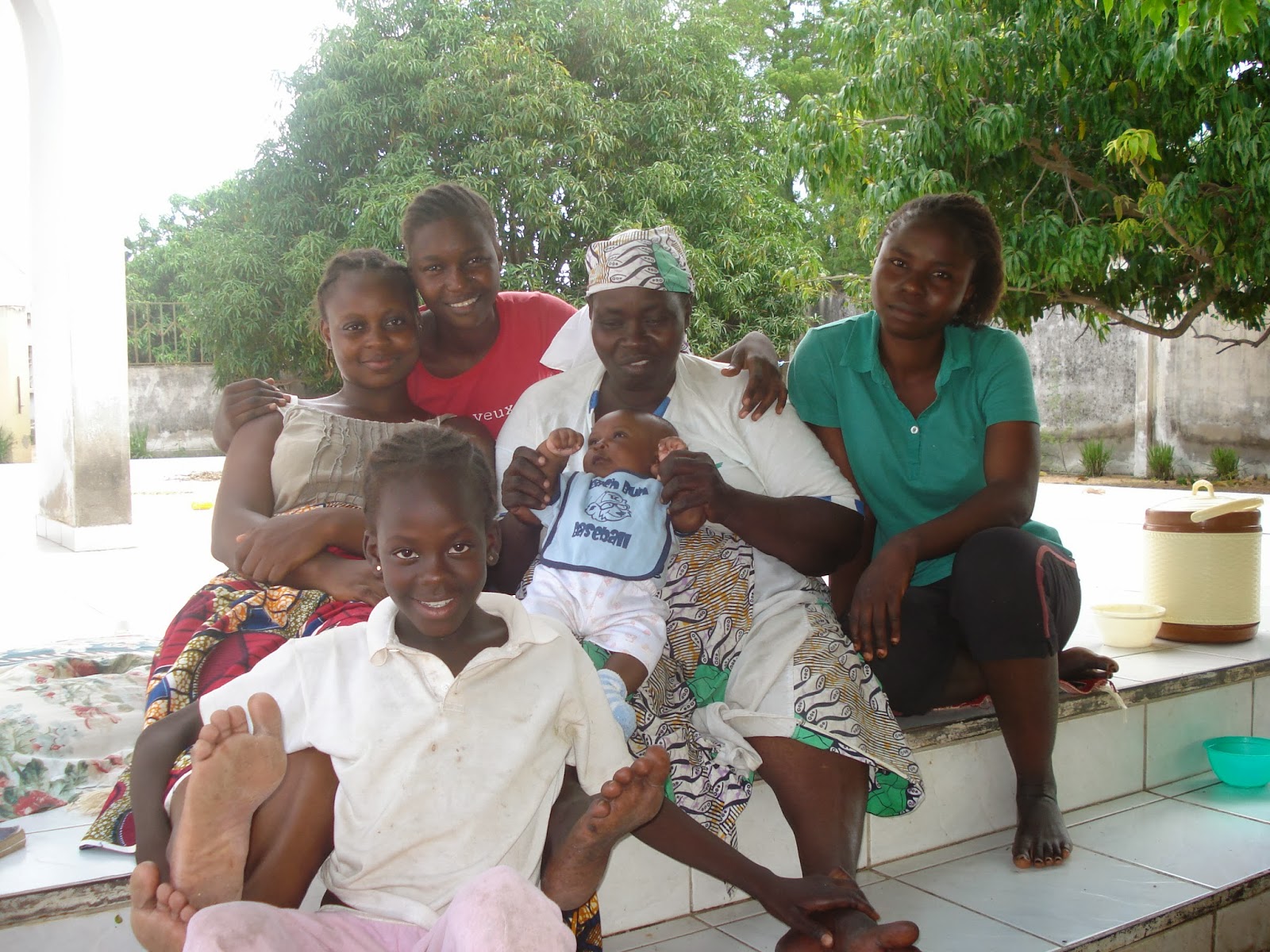Cameroun, 19
Octobre
Salut,
Moi je m'appele Salihou Bouba et j'ai 19 ans. Je suis Camerounais
d'origine. Je vie dans la région du Nord, département du Mayo-Louti plus
précisément à Guider. Je suis à l'école de formation (ENIEG/GTTC). Je
suis Guidar et la vie est belle chez moi. Tous le monde est respecter
même le plus petits et les plus âgés. Le mai traditionnel de chez moi
est le zazai. Voulez-vous en savoir plus sur mon pais? Dite mois
comment est le votre.
My name is
Saihou Bouba and I have 19 years. I am Cameroonian. I live in the North Region,
Mayo-Louti Department, and more specifically Guider. I am at the education
school. I am Guidar and my life here is beautiful. Everyone is respected, both
the young and the old. The traditional recipe for us is zazai. Would you like
to know more about my country? Tell me about yours.
 |
| Salihou after basketball pratice |
___________________________________________________________________________________
Important
Vocab:
ENIEG - These are
training schools for soon-to-be teachers. For would-be teachers, the curriculum
for ENIEG students is typically two years long after high school. Graduates can
be primary or high school teachers and can be assigned to work wherever the
Ministry of Education deems necessary (as is customary for all teachers)
throughout their careers. 'Affectation,' as they call it in French, is the
process by which government workers (or 'fonctionnaires') are moved throughout
the country to work based on the demands of each community. This means that a
person from the South can be 'affected' to the North (and vice-versa). Given
the drastic differences in climates, cultures, and economies between these two
parts of the country, it can be quite difficult for a person to adjust to
living in a different area. Think of it as being forced to move from your home
in New York City to a town with one stoplight in West Texas because that is
your only opportunity for employment!
Guidar - This
tribe is the namesake for the town where I am posted (Guider). Given how
nomadic these tribes once were in the Sahel Region (the transition area between
the Sahara Desert and the jungles to the south), there are many different
tribes in this area. However, the area in the north of Cameroon was long ago
conquered by the Fulbé tribe and as such, most of the population speaks
Fulfulde (also called Fulbé) --- though most of the Guidar still speak their
language in addition to Fulfulde.
Mai - I
couldn't find this in my French or Fulfulde dictionaries, but I'm assuming it
is the equivalent of 'repas,' or meal.
Zazai - This is a
traditional dish for the local population. Served alongside what the locals
call 'couscous,' a ball of starch about the size of your fist made from corn,
rice, millet, or manioc, zazai is a leafy-green vegetable that is cut up and made
into a sauce with peanut paste and ocra seeds. Saihou's family invited us over
to have it for lunch and I can confidently say that the bitter taste could be
improved with a little more salt!
___________________________________________________________________________________
About
Salihou - The reason I wanted Salihou to write about himself is that his
background is quite interesting for an average American, though not all that
much different from many here in the north of Cameroon. Salihou and his family
come from a nearby small village of less than a thousand residents where his
great-grandfather was the Lamido, a traditional leader. Given the royalty in
his lineage, Salihou's Father explained that it was necessary for him to have
many children --- 17 in total! While more and more Cameroonians (and Africans,
in general) are becoming more progressive about family planning to ensure their
children are well fed and well educated, many men still use their ability to
reproduce as a sign of strength. Fortunately for Salihou, he has had enough
resources to finance his education and he will eventually be a teacher, just
like many of the siblings that preceded him. As you can imagine, however, not
all Cameroonians are as lucky and families such as this cannot afford to
adequately feed or educate all of their children. While some would attribute
having many children to his family being Muslim, both Christians and Animists
are just as likely to have large families here in the Grand North of Cameroon.

